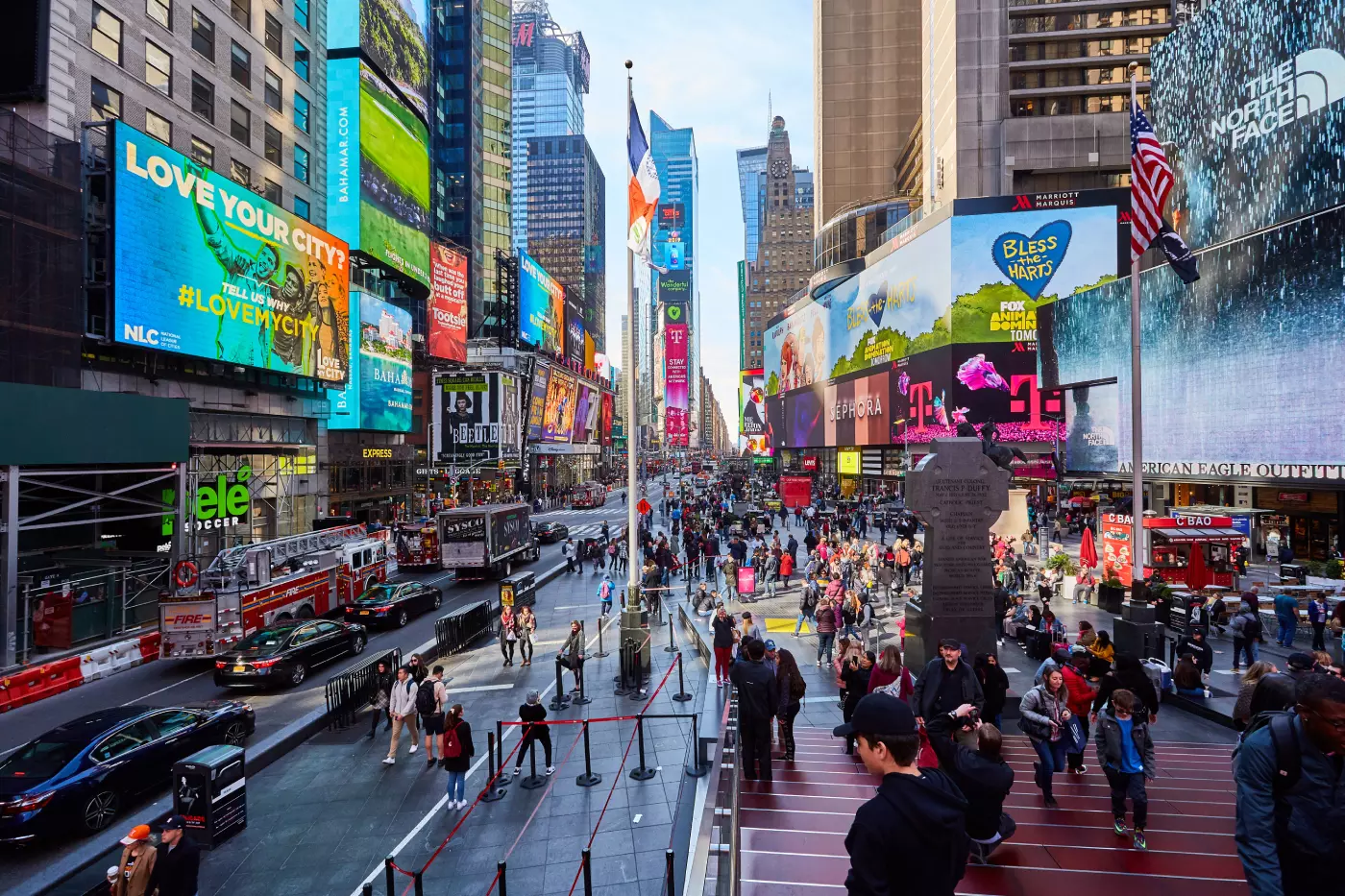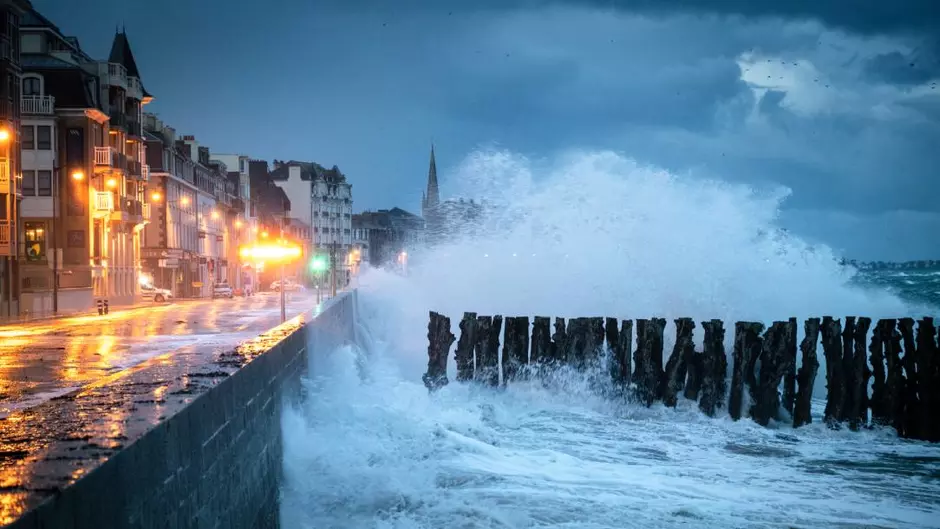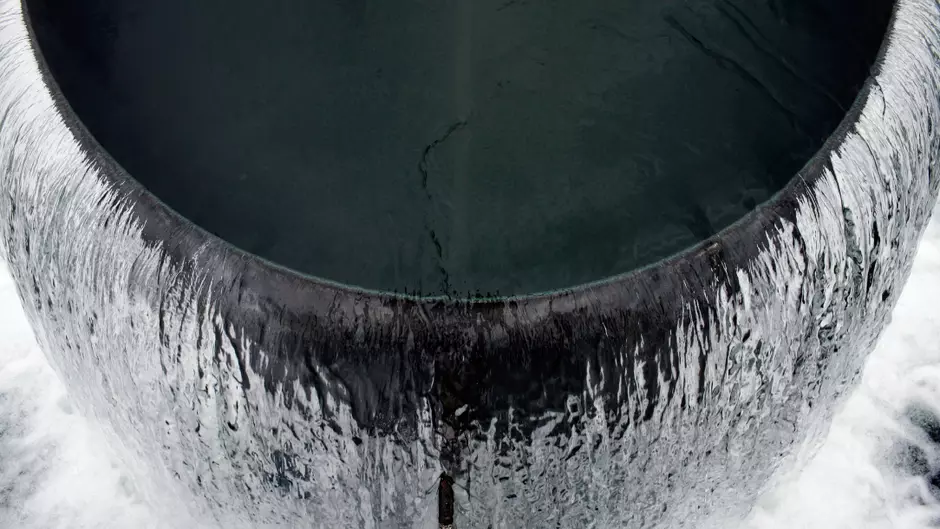Pollution, a scourge affecting people worldwide
Pollution creates a degraded environment, sometimes the result of natural substances, such as smoke from a volcano or allergy-causing pollen, but most commonly the result of human activities: household or industrial waste, thermal or biological disruption, etc.
According to the Global Environment Outlook(1) report published in 2019 by the United Nations, “the environment has continued to degrade since 1997.” Problems caused by pollution are most worrying in parts of the world experiencing rapid urban growth.
Veolia commits to avoid 18 million tonnes of CO2eq at it's our customers’ sites by 2027.
1 in 4 premature deaths and diseases are caused by pollution
Source: UN, Global Environment Outlook report(1), 2019

What types of pollution are there?
There are several types of pollution, some more dangerous than others:
- air pollution, or atmospheric pollution;
- water pollution;
- soil pollution, including pollution caused by waste plastic.
Air pollution is defined as the presence in the air of substances that are damaging to health and the environment. There are different types of harmful substances, including toxic gases and harmful particles. Air pollution is closely monitored as it is particularly dangerous and presents a real risk to public health. Contrary to what some people believe, air pollution also occurs indoors, where the air can be up to eight times more polluted than the air outside.
Water pollution takes different forms. It can be bacteriological, chemical or thermal; it can occur in saltwater, freshwater, brackish water and surface water. It can fall as rain or snow. This form of pollution is generally invisible.
Soil pollution refers to toxic substances that can occur in all types of soils, and includes plastic waste pollution of the world’s oceans. Fertilizers and pesticides used in farming, toxic residues resulting from poor incineration, and heavy metals are all responsible for unusual concentrations of pollutants in soils. According to the Food and Agriculture Organization of the United Nations, 33% of land is degraded as a result of erosion, salination, compacting, acidification and soil pollution by chemicals.
The combined effects of outdoor air pollution and household air pollution are associated with 6.7 million premature deaths annually.
Source : WHO, october 2024(2)

Our effective, environmentally-responsible solutions for treating pollution
How can we fight against this pollution??
How can we fight these forms of pollution? Working alongside our customers, local authorities and businesses from the industrial and service sectors, we implement a range of solutions for tackling each form of pollution, helping them to reduce their environmental impacts.
Water pollution
Access to safe drinking water has always been one of our central concerns, ever since Veolia was founded in 1853. Today, we identify, study and treat all types of water pollution, paying particular attention to micropollutants. Invisible to the naked eye, these are endocrine disrupters that have the potential to interfere with the human body’s biological system. We design and implement innovative technologies to remove them.
Air pollution
Air pollution is not only a problem in the open air. According to the World Health Organization, it is responsible for 3.8 million premature deaths every year. We are committed to improving indoor air quality, with programs to improve air-handling systems, and auditing and monitoring systems to raise people’s awareness and make managing air quality easier.
Soil pollution
What can be done about soil pollution? Soil can be given a second life! We develop decontamination solutions for polluted sites and soils, as well as solutions for managing and recovering biogas and industrial effluents.
Plastic pollution
Pollution from waste plastic is another major concern, particularly in developing economies where it is less strictly controlled. We use recycling and recovery to offer new uses for plastics.
Hazardous waste
Our recycling, processing and regeneration solutions mean we are able to process a wide range of hazardous waste, from refineries, healthcare establishments, nuclear power plants, car and truck manufacturers, and the pharmaceutical and cosmetics industries. Hazardous waste comes in a variety of forms: solid, liquid and/or gas, that can be toxic, infectious, radioactive or carcinogenic (waste oil, sludges, solvents, ash, pharmaceutical residues, etc.).
Act for ecological transformation
Les enjeux de la tranformation écologique
Décarbonner
In the face of climate change, we are helping to reduce greenhouse gas emissions and offering solutions for adapting to climate change.
Régénérer les ressources
Faced with the risk of depleting natural resources, we are committed to protecting and renewing them, in particular by using the circular economy model.
Sources :
(1) UN, Global Environment Outlook report, 2019 https://www.unep.org/resources/global-environment-outlook-6
(2) WHO octobre 2024 : https://www.who.int/fr/news-room/fact-sheets/detail/ambient-(outdoor)-air-quality-and-health




